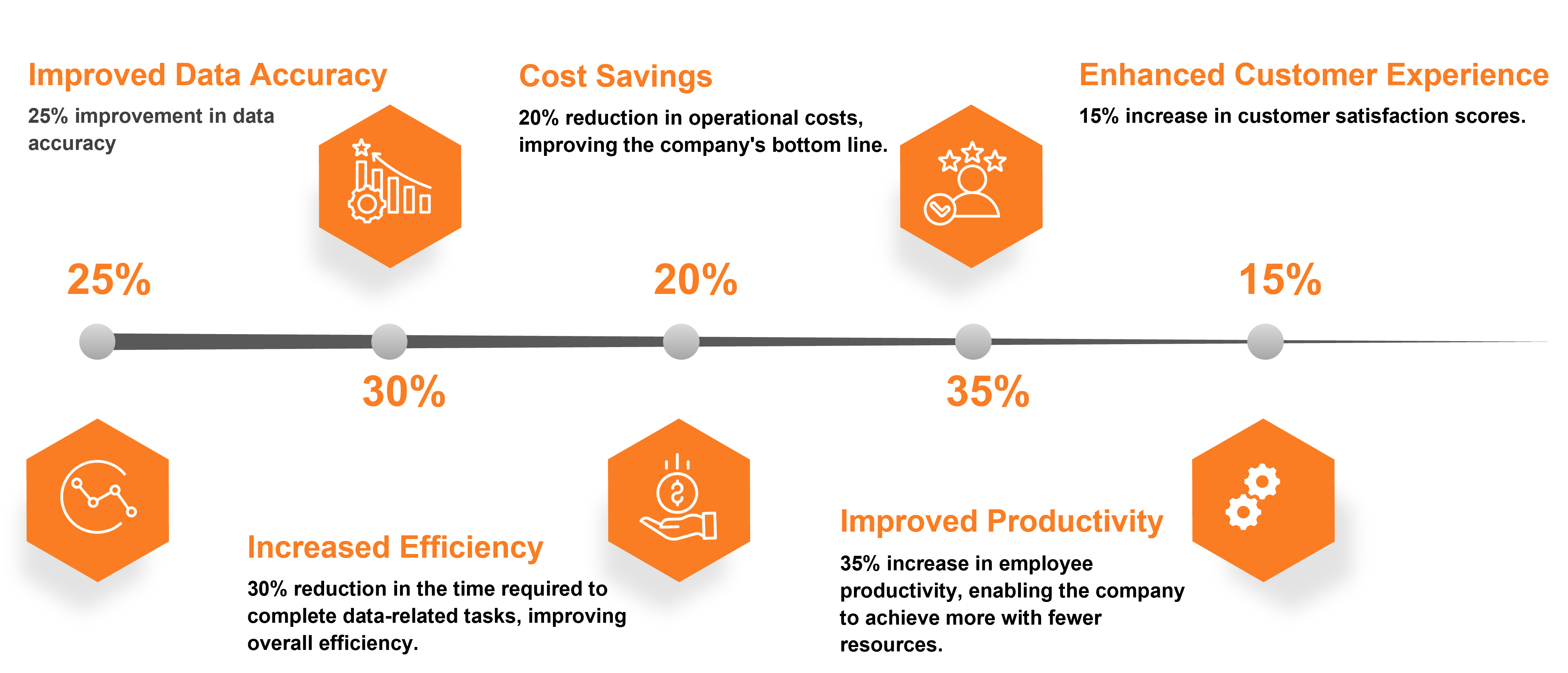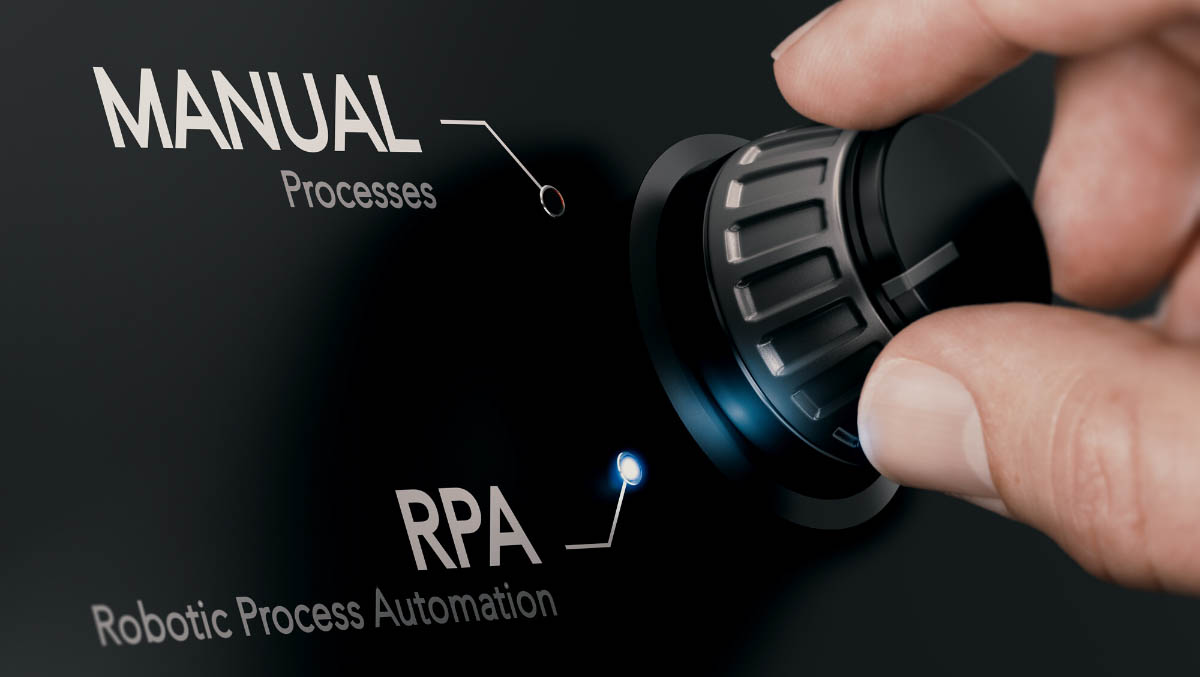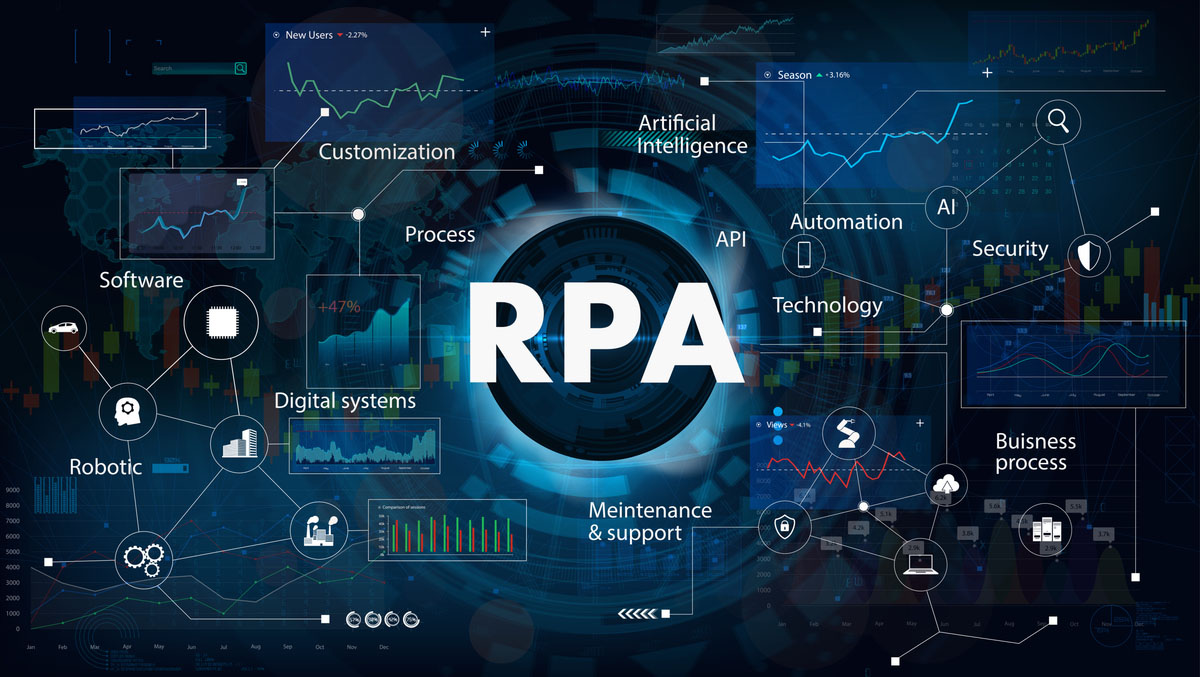Automating Claims and Payment Status Inquiries in Healthcare
Business Problem/Scope of Work
A major automotive company was facing challenges in their data management and business intelligence operations. Their existing data warehouse and BI systems were outdated and unable to keep up with the growing volume and complexity of their data. This made it difficult for the company to extract valuable insights from their data and make informed decisions.
Additionally, the company was struggling to keep pace with the rapid advancements in technology, such as cloud computing, that could help them optimize their operations and stay competitive in the industry. The company realized that they needed a solution that would modernize their data management and BI systems, and help them take advantage of the latest technologies.
They turned to a Pronix team with expertise in data modernization, modernization of BI, data warehouse, and cloud computing to help them overcome these challenges and improve their business performance.
Business Solutions
Technical Solutions
The service provider's technical solution for the case study involved a multi-step process to modernize the automotive company's data management and BI systems. It included analyzing and translating business requirements into functional and technical requirements and design, designing and implementing high performing queries, building and maintaining performant, fault-tolerant, scalable distributed software systems, moving data from multiple sources into a single data lake, doing analysis on the data for data warehouse and analytical purposes for BI and reporting applications and proposing to implement Machine learning / AI techniques on the data to identify patterns and make predictions.
The goal was to provide the company with a flexible, scalable, and efficient way to manage, analyze, and extract insights from their data to improve their business performance.
Technologies/Skills Used
Customer Success Outcomes

The Pronox team helped the automotive company in modernizing their data management and BI systems, resulting in fast and accurate reporting, valuable business insights, competitive analysis, better data quality, increased customer satisfaction, identifying market trends, increased operational efficiency and improved, accurate decisions which ultimately led to an increase in revenue.
Latest Case Studies
Our Case Studies
.jpg)

.jpg)
.jpg)
.jpg)
.jpg)
.jpg)
.jpg)

.jpg)
.jpg)
.jpg)
.jpg)
.jpg)
.jpg)
.jpg)
.jpg)
.jpg)
.jpg)
.jpg)
.jpg)
.jpg)
.jpg)



.jpg)


.png)
.png)
.jpg)

.jpg)
.png)
.png)
.png)

.png)
.png)
.png)



.jpg)

.jpg)


.jpg)



.jpg)


.jpg)





